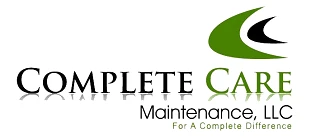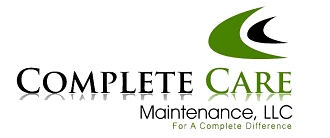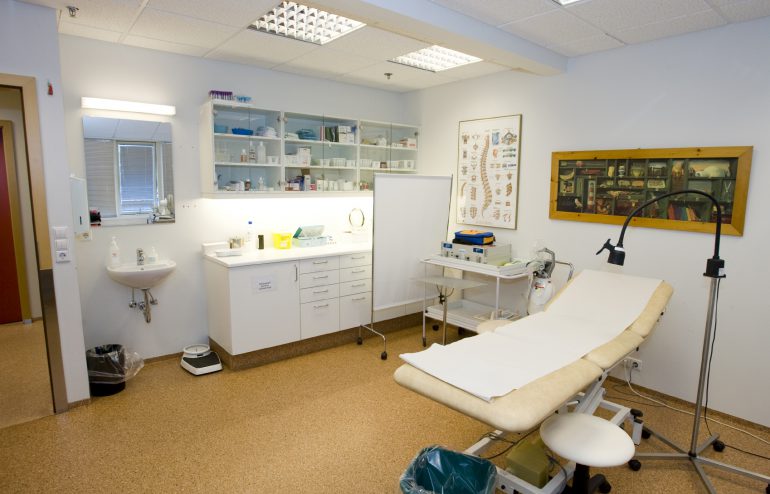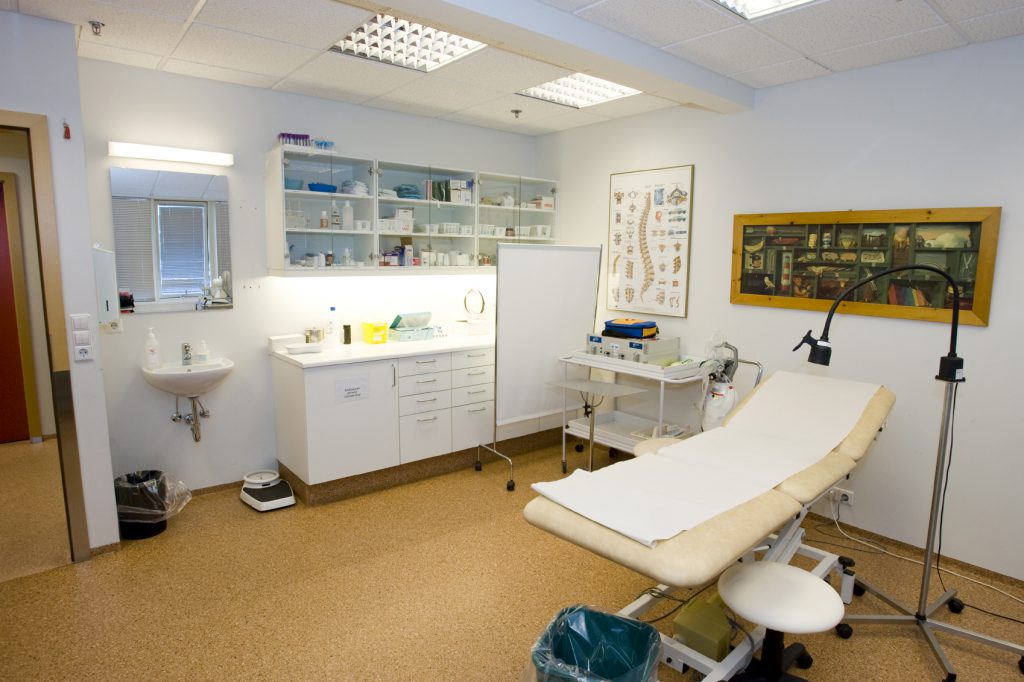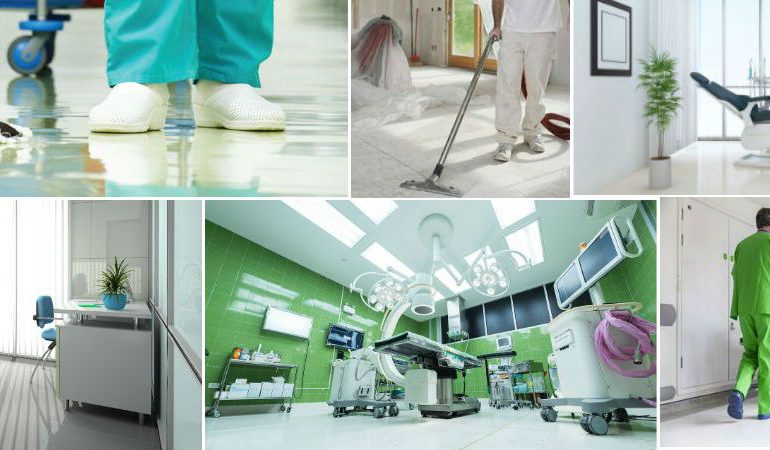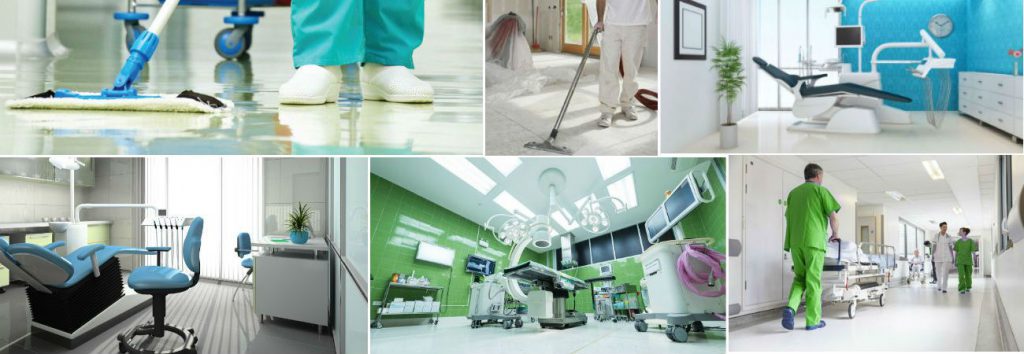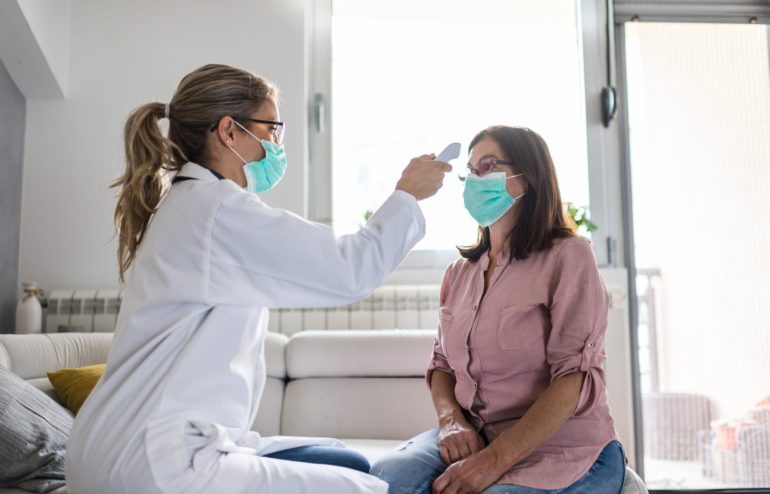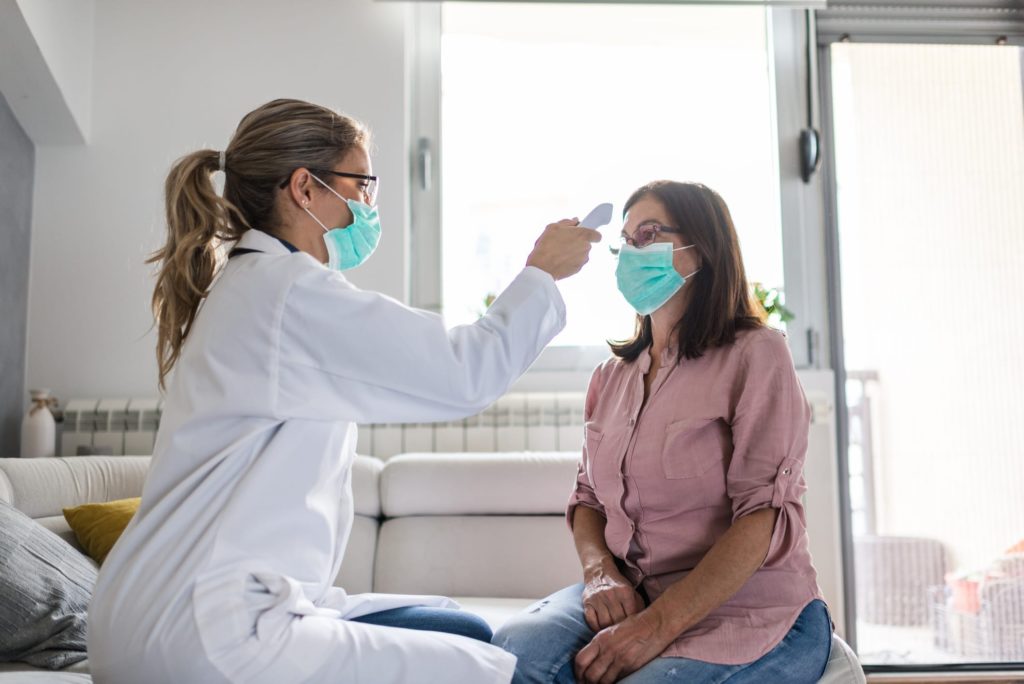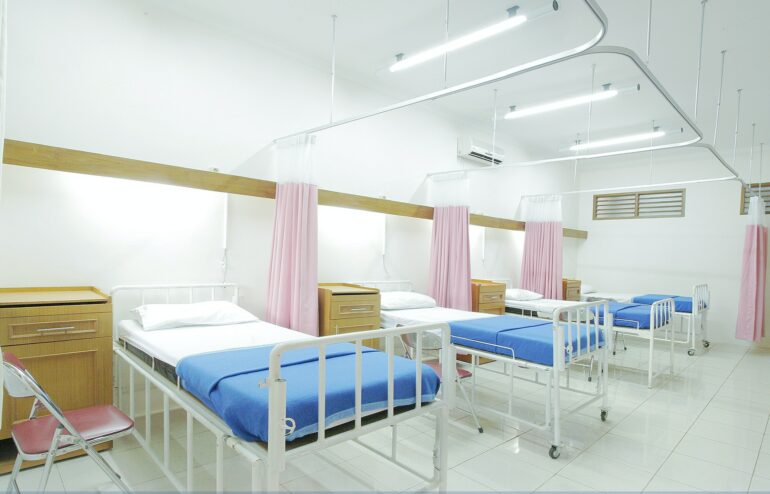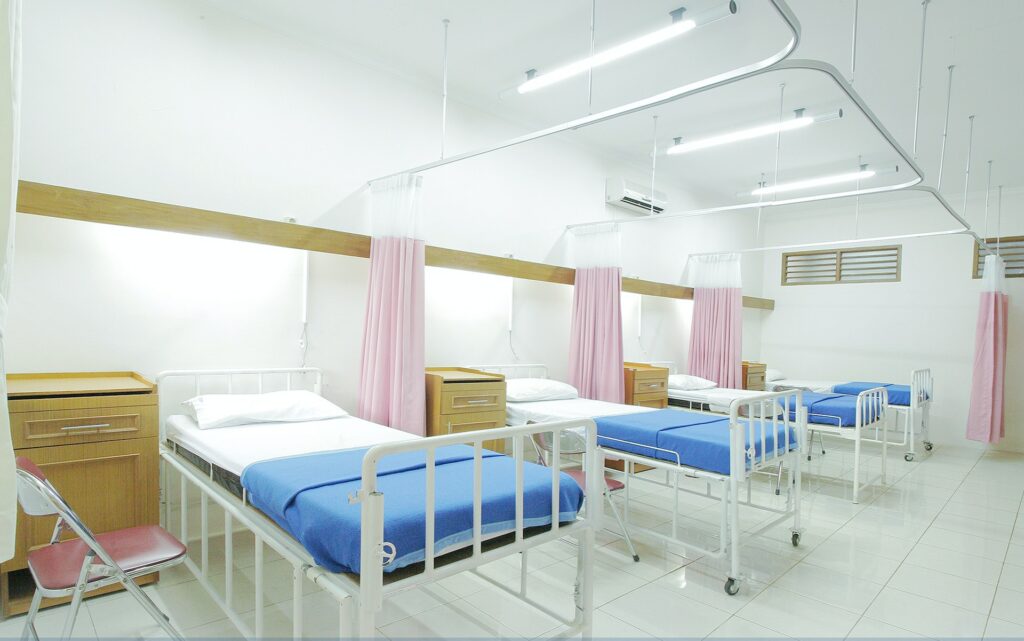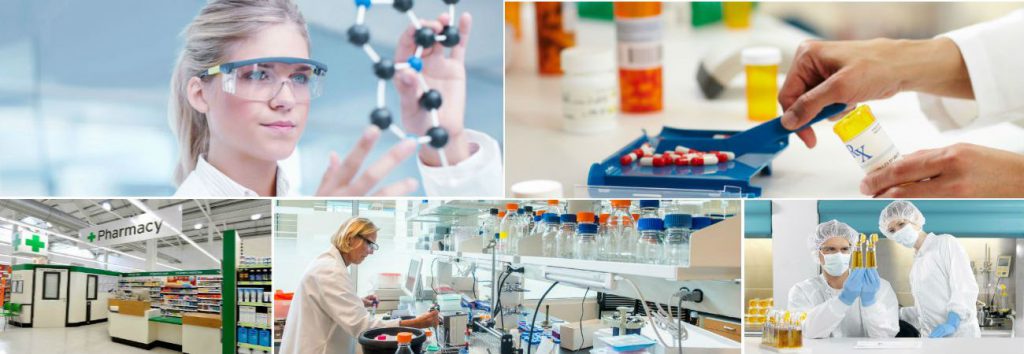Unlike most office environments, medical offices require much more thorough and regular cleaning. It is not just about making a good impression, it’s about providing a safe and sanitary environment for both your patients and your staff.
So, while general janitorial services are fine for a typical office building, medical facilities need specially trained and qualified cleaning staff who understand the unique needs of the medical community. These specialty cleaning services provide many advantages over a typical janitorial service.
1) They Understand The Environment
Cleaning crews that are trained in medical facility cleaning understand the unique needs of the medical office environment. They understand the need for both thorough cleaning and disinfecting. They are also familiar with the unique compliance requirements that medical facilities must meet and are well-versed in HIPPA regulations, JCAHO standards, OSHA Bloodborne Pathogens Standards, and CDC-recommended cleaning procedures. You won’t find these qualifications with a typical janitorial service provider.
Enlisting the services of qualified medical facilities cleaning staff means that your facility will be clean and sanitary – a quality that helps ensure patient health and satisfaction, as well as the health and well-being of your staff.
2) They Know The Difference Between Cleaning And Disinfecting
Cleaning is not disinfecting, it is merely the first step in the disinfecting process. General janitorial services clean facilities. Qualified medical facility cleaning services ensure that your facility is both clean and disinfected – an important distinction in a hospital or medical facility environment.
Cleaning crews specializing in medical facility cleaning are trained in the proper procedures and protocols required for facility sanitization and disinfection. They understand the causes of cross-contamination and manage their cleaning process in such a way as to mitigate such risks. They are experienced with a variety of commercial cleaning chemicals and disinfectants and understand how to apply them, their required dwell times, and safe storage procedures. These people understand how to properly clean and disinfect.
3) They Have A Positive Effect On Your Bottom-line
It may seem counter-intuitive to suggest that spending money on specialty cleaning will improve your bottom line. But studies have shown that the cleanliness of your medical facility is a major factor in patient satisfaction. Because patients are more likely to recommend a hospital they perceive to be clean, it makes cleanliness a target for improvement for all hospitals.
In addition, proper sanitization and disinfection help mitigate Healthcare Acquired Infections, a major concern for all healthcare facilities. According to Becker’s Hospital Review, the total direct, indirect, and nonmedical social costs of HAIs are estimated at around $96 billion to $147 billion annually, including loss of work, legal costs, and other patient factors.
It should also be noted that numerous studies have shown that a clean and sanitary workplace promotes higher productivity, lowered absenteeism, and happier and healthier staff. While these things may seem intangible, they can have an enormous impact on your bottom line.
In Conclusion
As a manager or administrator of a medical facility, you have a responsibility to your patients and staff to maintain a clean and safe environment. Entrusting that responsibility to a cleaning service that does not understand the unique needs of your industry is doing a disservice to your staff and patients alike.
